How to Apply Tibet Permit with a Q1 Visa
Q1 is issued to relatives of Chinese citizens applying to enter and reside in China for purposes of family reunion (with their Chinese family members as spouse, parents, children, children’s spouses, siblings, grandparents, grandchildren and parents in law), and to those who apply for family reunion of foreigners with Permanent Residency in China (spouse, parents, children, children’s spouses, siblings, grandparents, grandchildren and parents in law), as well as to people applying to enter and reside in China for foster care, adoption and other reasons.
It is no problem for tourists with Q1 visas to travel to Tibet. When applying for a Tibet Permit, in addition to providing a scanned copy of the passport and the visa, an invitation letter must be provided as well. The invitation letter should have a signature of the inviter in China with the invitee’s passport information on it as well. (Since Q1 visa needs to be transfered into the Residence Permit within 30 days after entry, if you want to travel to Tibet before it is due, you can use your visa to apply for the Tibet Permit. If you are going to travel after your Q1 visa is due, you need to provide the scanned copy of your Residence Permit).
Tips for Q1 visa application:
I. Required documents:
Passport: Original passport valid for more than 6 months with a blank visa page and a copy of the information page.
A visa application form and a passport photo: People's Republic of China Visa Application Form with a recent white-background passport-sized photo glued to it.
For family reunion, you are required to provide:
i. An invitation letter from a family member residing in China who is either a Chinese citizen or a foreigner with a Chinese permanent residence permit. The invitation letter should contain:
a. Information about the invitee (full name, gender, date of birth, etc.)
b. Information about the visit ( purpose of visit, intended arrival date, places of intended residence, intended duration of residence, relationship with the inviting entity or individual, and financial source for expenditures)
c. Information about the inviting individual (full name, contact number, address, official stamp, signature, etc.)
ii. Photocopy of the Chinese ID of the inviting individual or foreign passport and permanent residence permit.
iii. Proof (both the original and the photocopy) of relationship with family members (spouse, parents, children, children’s spouses, siblings, grandparents, grandchildren and parents in law) such as Birth Certificate or Marriage Certificate, etc.
If the applicant’s purpose of visit to China is for fosterage, adoption or other reasons, the following documents are required:
i. Foster entrustment notarization issued by Chinese Embassies/Consulates abroad or or the foster care certificate authenticated by the host country or China;
ii. The original and photocopy of the principal's passport and proof of the relationship with the relatives of the fostered child (marriage certificate, birth certificate, certificate of kinship issued by the police station or notarized certificate of relationship);
iii. A letter of consent for foster care issued by the trustee living in China who has agreed to provide foster care services and a photocopy of the ID of the trustee.
iv. If both parents of the foster child or one of the parents is a Chinese citizen, a copy of the proof of permanent foreign residence of the Chinese parent at the time of birth of the child shall also be provided.
II. Tibet Permit application procedure with Q1 Visa
Foreign travelers entering Tibet must be organized tours with a reception unit and a confirmed travel itinerary. Tibet Permit is also required as a must entry pass issued by Tibet Tourism Bureau (TTB) to board the flight or Tibet train. Overseas Chinese and Taiwan residents need to get the Tibet Permit in the same way as for the international tourists. For residents of Hong Kong and Macau, there is no need to apply for the Tibet Permit. All you need to take is your HK/Macau SAR passport and Home Return Permit.
Step 1: Confirm with us about your travel time, travel itinerary, hotel reservation and other related details.
Step 2: Email us a scanned copy of your passport, your visa, and the invitation letter 25-30 days in advance.
Step 3: After confirming the tour group information, we will submit the documents to the Tourism Bureau to apply for your Tibet Permit. Usually the Tibet Permit will be issued 7 days before your Tibet trip starts. If you are taking a domestic flight in mainland China to Tibet, we will deliver the original Permit to the you. If you are going to take a train, we will send the scanned copy to you and you can just print it out. (the train passengers only need to take a copy of Tibet permit to board the train).
III. Who needs to apply for Tibet Permit?
1. Non-Chinese citizen ID card holder/Taiwan residents
2. Non-Chinese Passport Holder - Foreign Passport Holder
3. Overseas Chinese (Chinese with foreign passports) also need to apply for Tibet Permit
Note: Government officials, diplomats and journalists have to apply for the Tibet Permit through the Tibet Foreign Affairs Office and arrange receptions.
In addition to the Tibet Permit, other documents are required for travel to Tibet:
a. Frontier Pass
The frontier pass is the abbreviation of the “Border Security Pass”. If your itinerary includes border areas such as Medog, Zhangmu, Yadong, Dingri (Everest), Shiquan River in Ngari, Pulan, etc. you need to apply for a Frontier Pass in accordance with the Chinese law.
Domestic tourists are recommended to apply for a Frontier Pass at the police station where your household registration is located. Unless you prefer a Frontier Pass with Tibetan language on it for commemoration, you will have to apply for it in Lhasa. Other places such as Shigatse and Nyingchi can also be done, but they are more troublesome.
If you want to apply for a Frontier Pass in Lhasa, an easy way is to have a travel agency to handle it. Otherwise, you will start a complicated set of procedures.
For foreign tourists: Frontier Pass is generally arranged by the travel agency.
b. Alien’s Travel Permit
A Tibet Permit is good enough to visit Lhasa, Namtso, and Shigatse. But if you want to visit Nyingchi, Shannan, Changdu and other areas, you will need to apply for a Alien's Travel Permit. This permit can be applied by a travel agency with the application for your Tibet Permit.
Note: Only foreign travelers and Taiwan residents need to apply for an Alien’s Travel Permit. Mainland and HK/Macau tourists do not need to apply for it.
c. If you are going to Pomi, Ranwu, Ngari and other unopened areas on the border, you also need to apply for a Military Entry Permit.



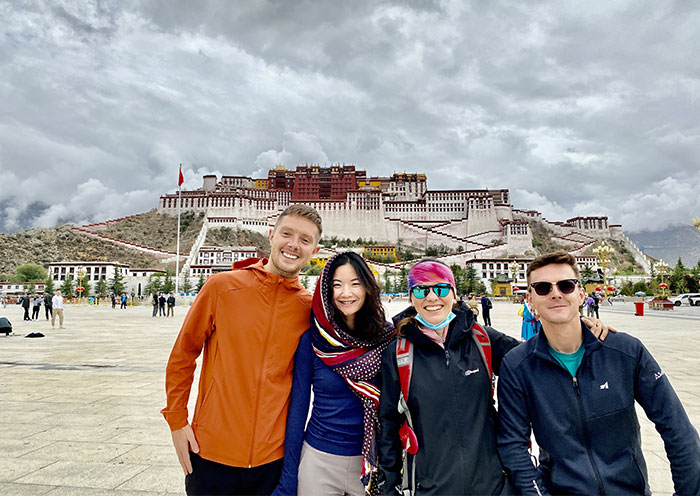
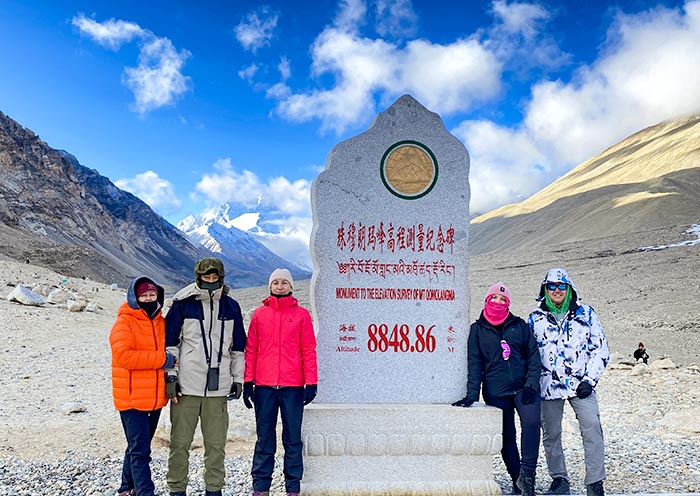


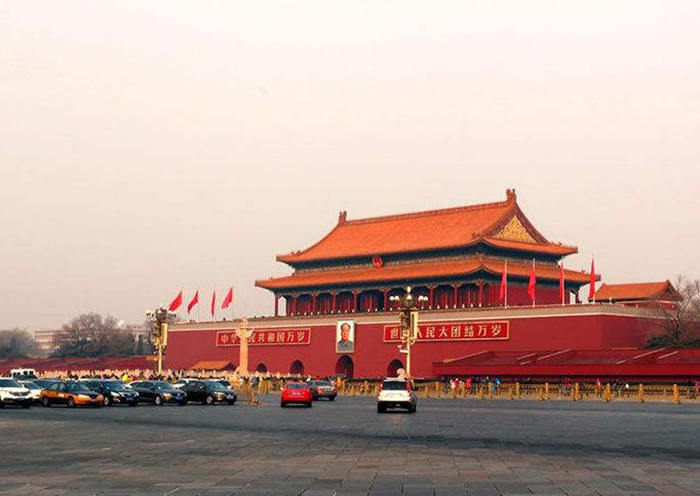
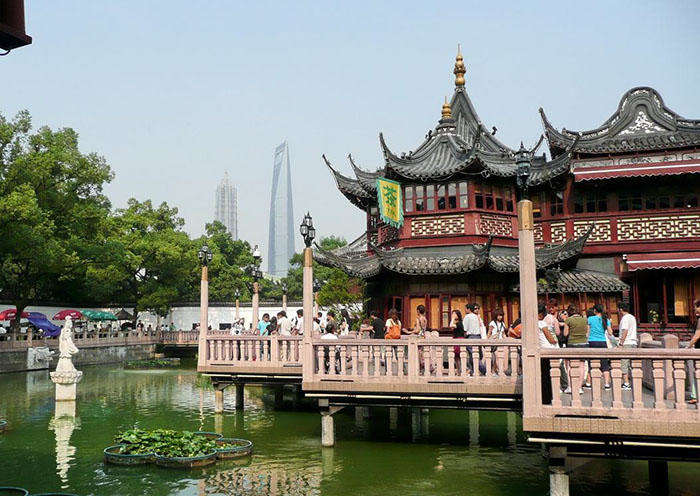





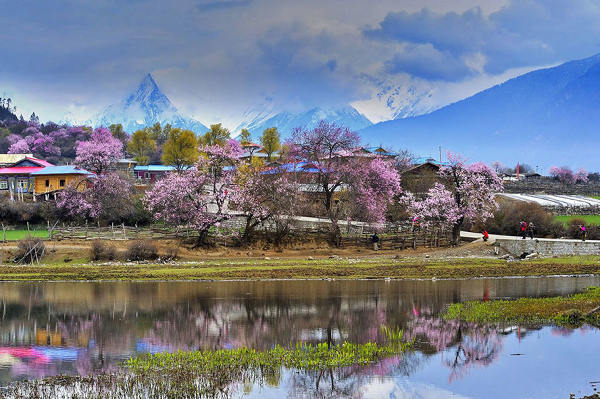


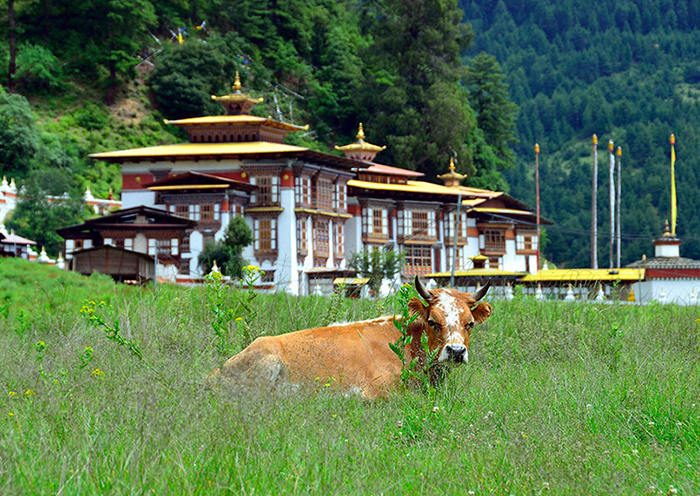
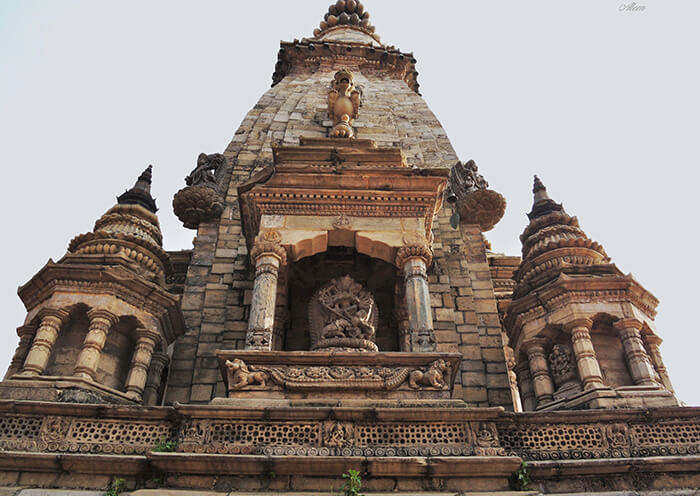



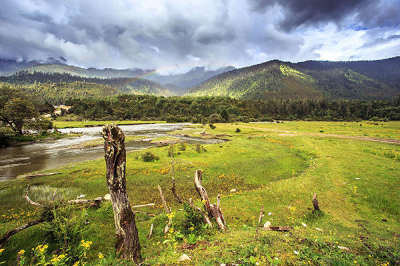

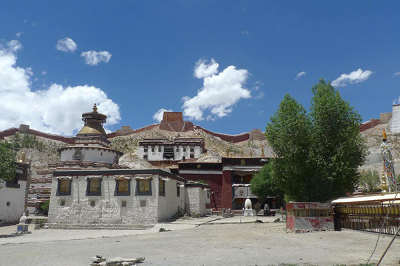




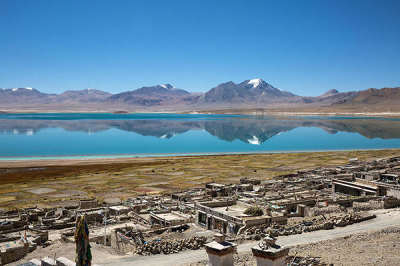


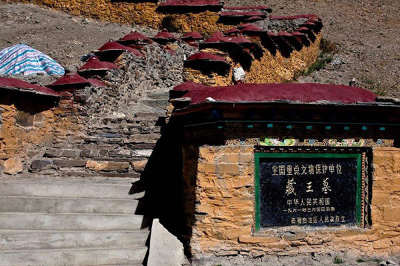


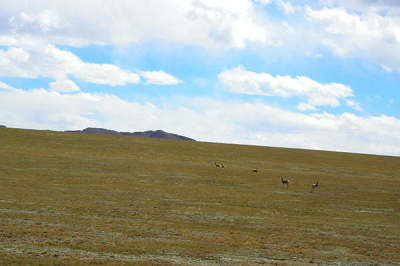


 Data in submission...
Data in submission...